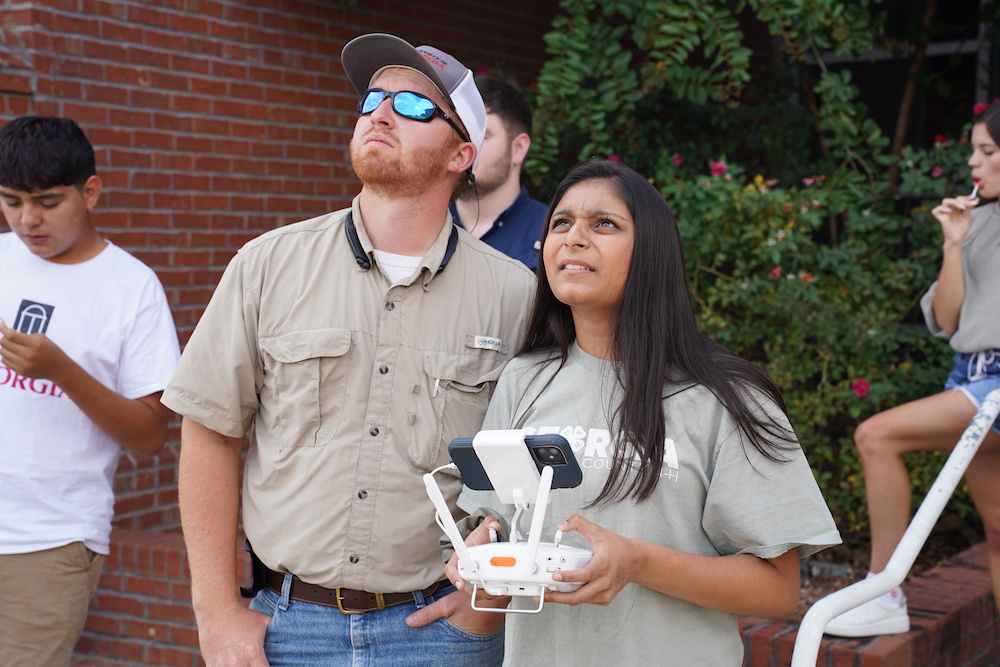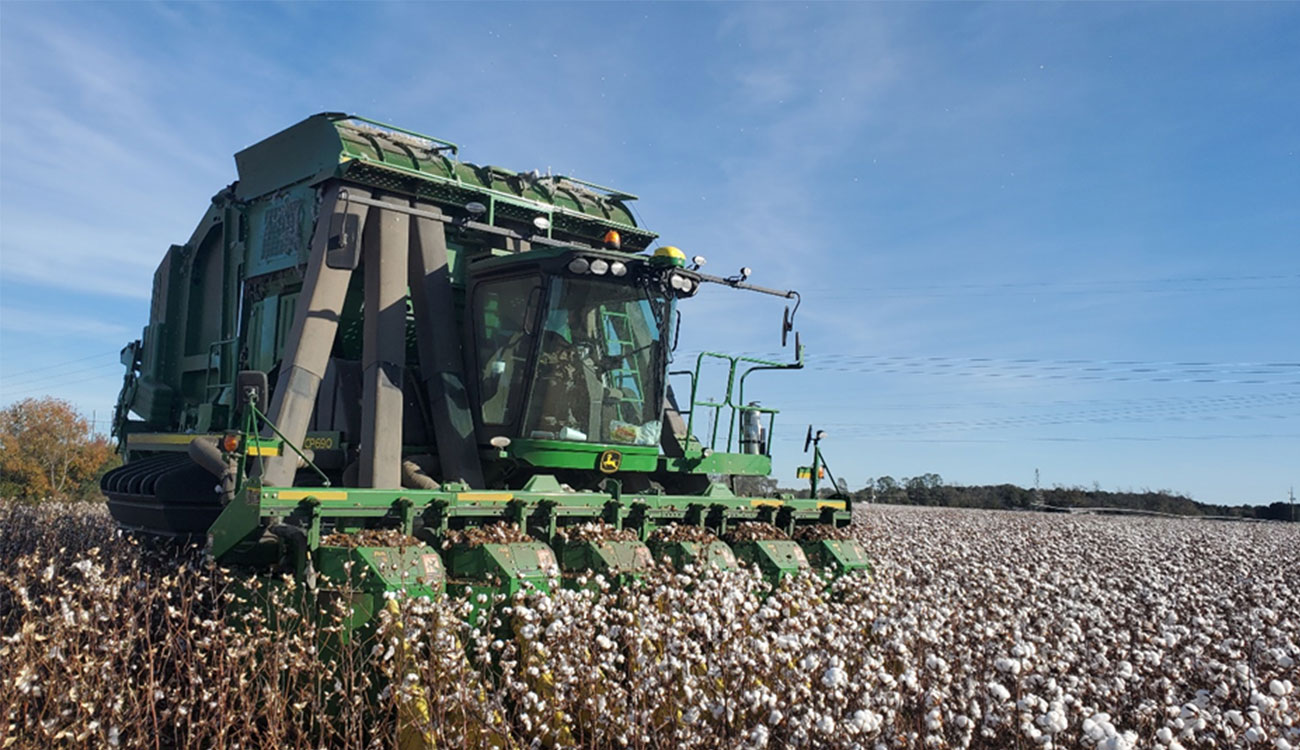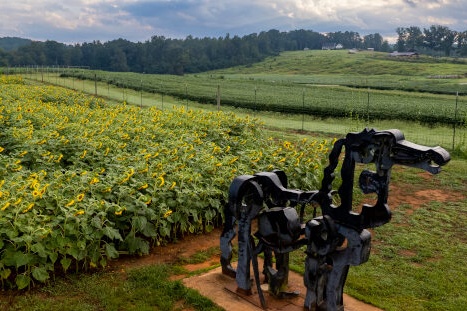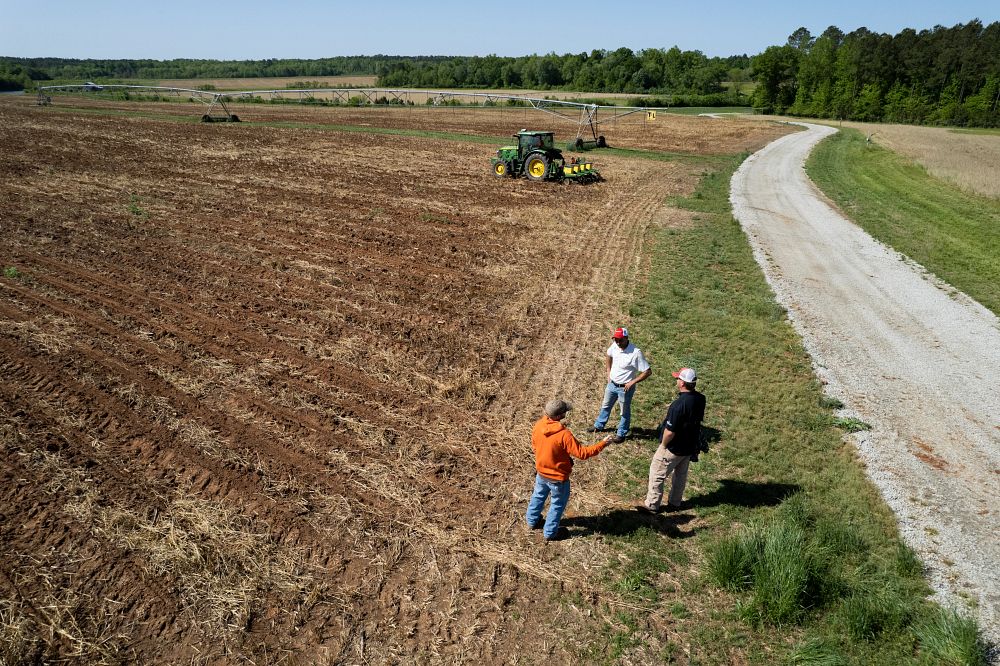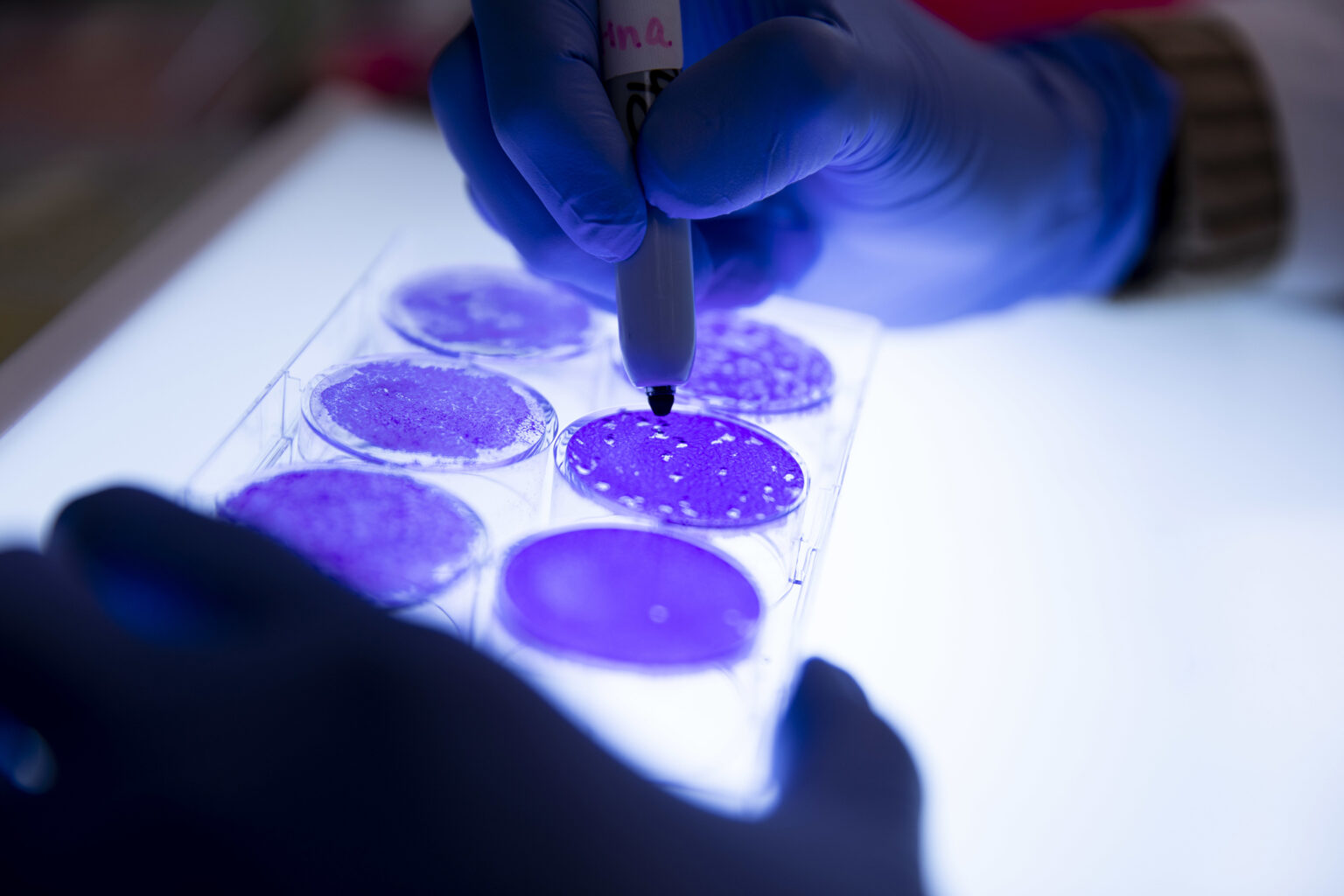-(1).jpg) CAES News
CAES News
Integrative Precision Agriculture Conference
Spray drones with pinpoint accuracy, produce-picking robots, autonomous systems to monitor broiler chicken health, and artificial intelligence to predict yield before the buds have faded from the trees — these are some of the solutions integrative precision agriculture promises an industry that is embracing the power of technology to address both age-old and emerging challenges.

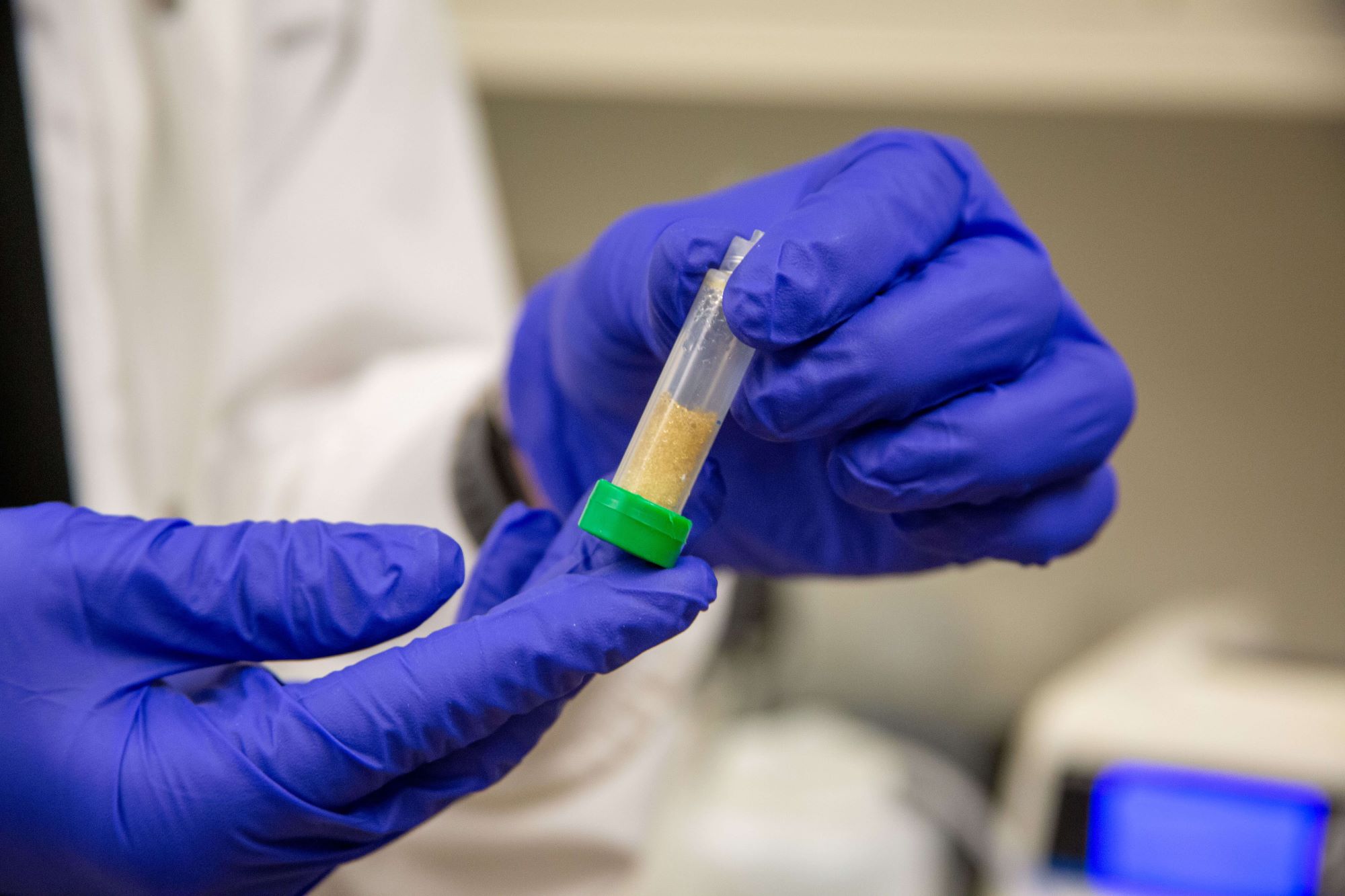
.jpg)
.jpg)

